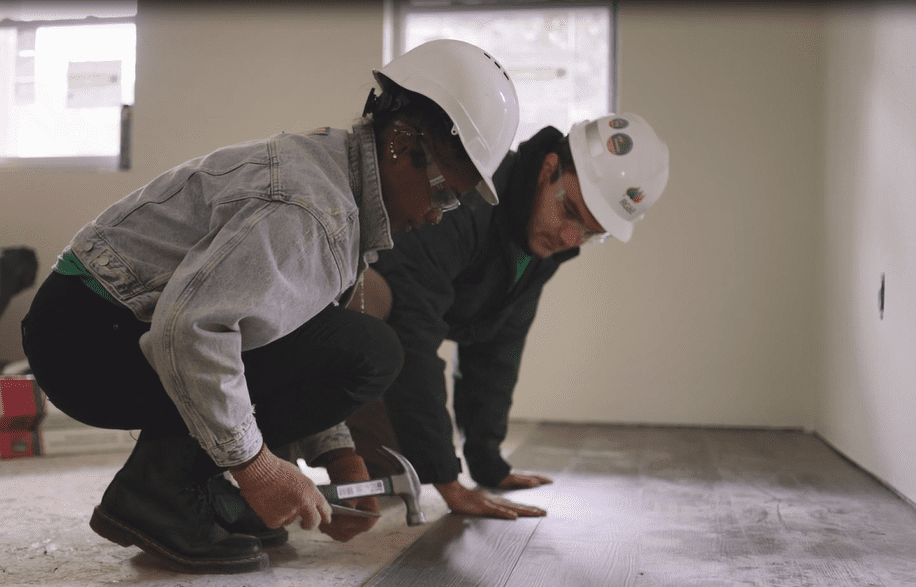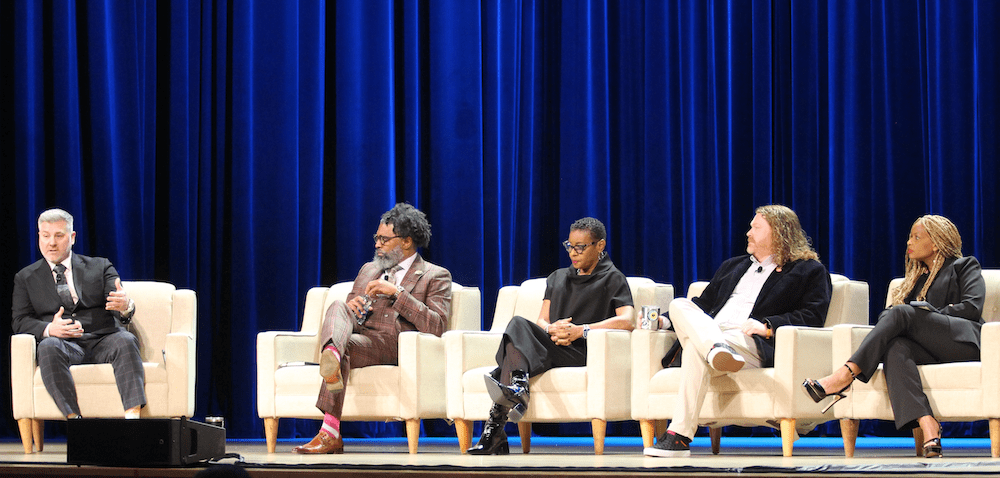
Why Juneteenth Matters to Our Industry and Beyond
June 17, 2024
Juneteenth, an annual commemoration of the end of slavery in the United States after the Civil War, has been celebrated by African Americans since the late 1800s.
It wasn’t until 2021, however, that President Biden made Juneteenth, which falls on June 19, a federal holiday.
A Brief History
On June 19, 1865, Gordon Granger, a Union general, arrived in Galveston, Texas, to inform enslaved African Americans of their freedom and that the Civil War had ended. Though the Emancipation Proclamation had been issued nearly two and a half years earlier, on January 1, 1863 by President Abraham Lincoln, General Granger’s announcement delivered this news to the last populations still experiencing slavery in the United States. This day, June 19, then became Juneteenth—a day to commemorate the end of slavery. The holiday is also called Juneteenth Independence Day, Freedom Day, or Emancipation Day.
Juneteenth was historically celebrated through a range of activities—many of which continue today. Those include rodeos, fishing, barbecuing, and baseball. Juneteenth almost always focused on education and self-improvement. Thus, often guest speakers are brought in and the elders are called upon to recount the events of the past. Prayer services were also a major part of these celebrations.
Certain foods became popular and subsequently synonymous with Juneteenth celebrations such as strawberry soda. More traditional and just as popular was the barbecuing, through which Juneteenth participants could share in the spirit and aromas that their ancestors enjoyed. Hence, the barbecue pit is often established as the center of attention at Juneteenth celebrations.
Why BPA Honors Juneteenth
It is the Building Performance Association (BPA)’s vision that all homes will provide an energy efficient, comfortable, healthy, and safe indoor environment. That includes Black Americans who have been historically underserved, including in the housing market through such factors as redlining, underinvestment, and lack of access to programs.
It’s past time to change that.
Energy Equity in Our Industry
Research indicates that African Americans are more likely to live in older, energy inefficient homes with structural deficiencies, outdated appliances, and faulty energy systems, according to the manuscript “Energy Efficiency as Energy Justice.”
While energy insecurity (defined as the inability to meet basic household energy needs) is common and occurs in 1 of every 3 households in the US, African Americans are particularly susceptible.
Minority households are also underserved by energy efficiency and other clean energy investments. In 2021, for the first time in our nation’s history, the Federal government made it a goal that 40% of the overall benefits of certain Federal climate, clean energy, affordable and sustainable housing, and other investments flow to disadvantaged communities that are marginalized by underinvestment and overburdened by pollution.
President Biden made this historic commitment when he signed Executive Order 14008. Through the Justice40 Initiative, many federal programs are implementing plans to invest in disadvantaged communities—helping to confront decades of underinvestment that has led to environmental hazards.
Commitment to climate justice requires us to look backward and forward. Backward to how the enslavement of Black Americans set a course for years to come on how they would be treated, and how it would ultimately lead to minorities and other low-income groups facing dramatically higher energy burdens than the average household.
These high energy burdens are correlated with greater risk for respiratory diseases, increased stress and economic hardship, and difficulty in moving out of poverty.
BPA’s Commitment to DEI
BPA’s Diversity Equity and Inclusion (DEI) committee understands that the hard work of DEI is for leaders who are ready to center efforts not on those who have already succeeded, but on those who have long fought and tried again and again for change.
“This is an important matter not only for BPA, but across many societal landscapes,” says board chair Darnell Johnson. “As we witness increased diverse participation in the home performance industry, it is critical to ensure that our policies are reflective of the industry.”
To that end, BPA has adopted the following guiding principles internally. Through these principles, we can ensure that organizational decision making will be done through the lens of equity and that the Association is not merely being transactional about DEI, but transformative instead.
They are:
- Acknowledge Bias. We acknowledge that individual and institutional bias have excluded marginalized members of our organization.
- Centering. We recognize that our organization includes everyone. However, we commit to centering this work on the pain, frustration, and anger of the marginalized members of our organization and not solely on the comfort of the majority.
- Transparency. We commit to communicating openly with our members on our work toward equity and inclusion, and receiving and incorporating their feedback as our work continues.
- Accountability. We commit to holding ourselves and each other responsible for both failure and success.
- Specificity. We recognize that our policies and procedures have had different negative effects on marginalized communities, and we commit to being specific on which policies will be assisting which groups and how.
- Realistic. We acknowledge that this DEI process cannot address all the challenges that our organization faces, while also recognizing that those challenges may affect our ability to meet DEI goals.
- Measurability. We will set out actionable goals and measure our progress toward those goals.
- Values. We understand our values as an organization and will work to center those values on equity.
- Acceptance. We acknowledge that the organization that exists at the end of this process might be different than the one we had when we started, and we accept that as we start this journey.
- Empathy. We will listen to the stories of those who have been marginalized and we will not deny their lived experiences. Their stories are not subjective. Their stories are true.
BPA also acknowledges the historical, cultural, and institutional dynamics that have excluded marginalized members of our organization—and we aim to change that. Using the principles above, BPA also incorporates Justice40 initiatives into our policy and program work. The organization continually highlights member voices from all backgrounds and includes DEI processes into the hiring practices for new staff and recruitment of board members. BPA also recognizes that organizations and industries that are more diverse and inclusive tend to be more successful.

For the last three years, BPA has had DEI as a key theme and track in our conferences. Most recently, at the National Home Performance Conference in Minneapolis, the general session included an important discussion on the intersection of building science and social science—and about what equity means in the context of home performance. The number of DEI sessions, and the attendance at those sessions, has increased each year demonstrating the importance of this topic to our industry.

Lastly, BPA knows the collective voice is much more powerful than an individual one, and as an organization, we’re always partnering with other organizations who share our vision of healthy homes for every human, regardless of their race.
“I firmly believe that together, we can drive meaningful change. By uniting with like-minded organizations, we can address disparities in historically underserved communities, expand access to clean energy jobs, and support minority-owned businesses. I invite you to join us in this vital initiative to create a more equitable future for all,” said Steve Skodak, CEO of BPA.
Resources and Local Celebrations
Whether you’ve been celebrating Juneteenth for decades or you’re learning more about it now, there are several resources you may be interested in. We’ve compiled them here.
History
Teaching and Education
- National Education Association
- Department of Energy – Office of Energy Justice and Equity
- Climate and Economic Justice Screening Tool
Find a Local Celebration
- There are events all over the world to celebrate Juneteenth. Search your local community or city website to see events near you.
Partner with BPA
- To partner with BPA, become an ally and join us in championing diversity, equity, and inclusion within our industry.
